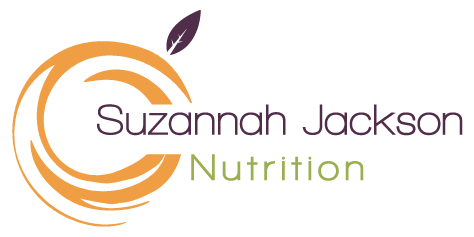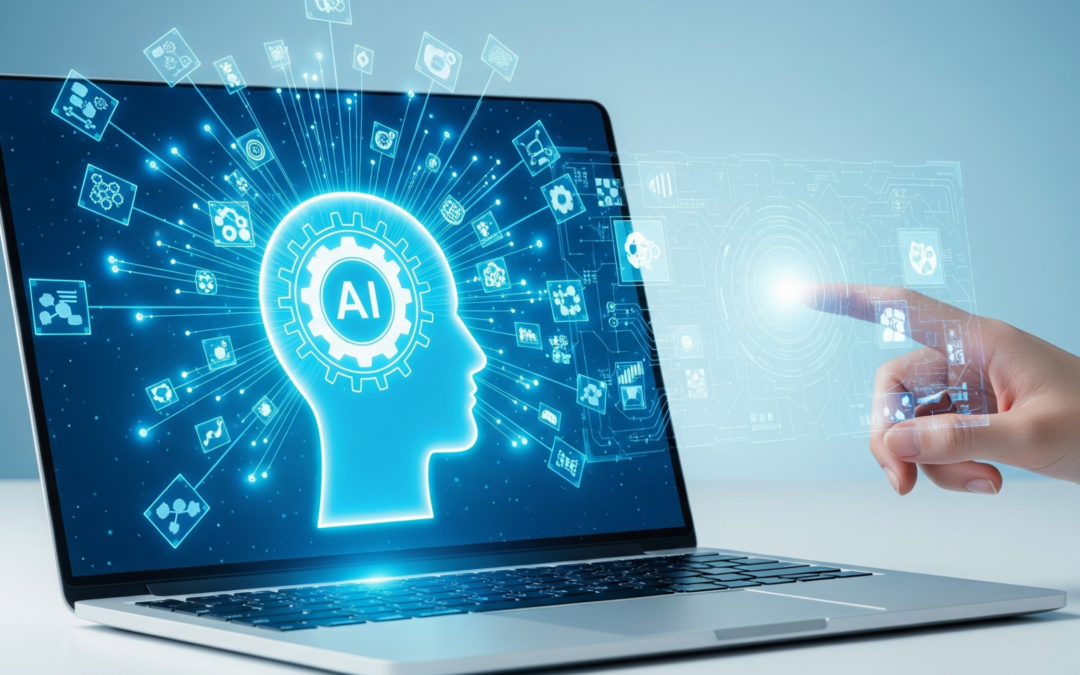Artificial Intelligence (AI) has become a powerful tool for finding quick answers. You can ask a chatbot about the best foods for bloating, probiotics for IBS, or how to “heal your gut” — and within seconds, you’ll have a neatly written, evidence-based response.
But when it comes to your gut health, that’s not enough. AI can provide information, but it can’t provide understanding. And when your digestion, energy and overall wellbeing are at stake, understanding the whole picture matters.
AI Doesn’t Truly Listen to Your Gut Story
Gut health is complex and deeply personal. Symptoms like bloating, reflux, constipation, fatigue, or food sensitivities rarely exist in isolation — they’re often the result of years of lifestyle habits, stress and environmental factors.
AI tools can analyse your words, but they can’t hear the nuances of your story. A nutritional therapist takes the time to explore your full history — your diet, stress levels, sleep, emotional relationship with food and more. This deeper conversation helps uncover the root cause of your digestive issues rather than just treating the surface symptoms.
Functional Testing Requires Human Insight
AI can explain what a stool test or SIBO breath test is and even summarise what certain markers might indicate. But interpreting these results in the context of your unique body is something only a trained professional can do.
Functional testing can reveal imbalances in gut bacteria, enzyme function, inflammation, or hidden infections — but these results are rarely black and white. A nutritional therapist looks beyond the numbers to understand why imbalances exist and how they relate to your symptoms and lifestyle.
It’s this interpretation — and the ability to design a personalised plan based on your results — that transforms raw data into meaningful action.
Your Gut Is Emotional — and AI Can’t Feel That
The gut and brain are intimately connected. Stress, anxiety and emotional health can all influence digestion through the gut–brain axis. This means healing your gut often involves more than changing what’s on your plate — it requires addressing how you feel.
AI doesn’t sense emotion or respond to empathy. A nutritional therapist does. They can support you through mindset shifts, help you identify stress-related triggers and offer compassionate, practical steps that fit into your life — not just theoretical advice.
Gut Healing Isn’t Linear
Healing the gut takes time and rarely follows a straight path. Some days you’ll feel great; other days, your symptoms might flare unexpectedly. A therapist recognises these fluctuations and adjusts your plan accordingly — whether that means modifying supplements, changing meal timings, or reintroducing foods carefully.
AI lacks that adaptability. It can’t notice subtle improvements like more stable energy or reduced bloating, nor can it reassure you when things feel frustrating. Having a professional who listens, reassesses and encourages you through the process makes a significant difference to your long-term success.
AI Is a Tool — But It’s Not a Therapist
AI can be a wonderful assistant: it can track your meals, summarise nutrition science, or help you stay organised. But it can’t replace professional guidance, especially when your gut health is complex.
A nutritional therapist blends science with empathy. They know when functional testing is appropriate, which tests will be most informative and how to interpret and translate those findings into an actionable, personalised plan.
They see the whole picture — not just data points, but your habits, your history and your hopes for better health.
How I use the H.I.D.D.E.N® Frameworks to Support Health.
When I work with clients, I don’t just look at symptoms — I look at the whole system. That’s why I use the H.I.D.D.E.N.® framework, which comes from the Functional Diagnostic Nutrition approach.
This model helps uncover what’s really happening beneath the surface and creates a clear roadmap for long-term healing and balance.
Artificial Intelligence (AI) has become a powerful tool for finding quick answers. You can ask a chatbot about the best foods for bloating, probiotics for IBS, or how to “heal your gut” — and within seconds, you’ll have a neatly written, evidence-based response.
The H.I.D.D.E.N® Stressors
The acronym stands for:
- H – Hormone: Balancing stress and reproductive hormones that influence digestion and inflammation.
- I – Immune: Identifying overactive or weakened immune responses, often linked to food sensitivities or chronic gut inflammation.
- D – Digestion: Assessing enzyme function, nutrient absorption, and microbial balance.
- D – Detoxification: Supporting the liver and pathways that help the body eliminate toxins effectively.
- E – Energy Production: Optimising cellular health so you have the energy to repair and thrive.
- N – Nervous System: Addressing how stress, sleep, and emotional wellbeing impact the gut–brain connection.
By evaluating these key areas through functional testing and detailed assessment, I can identify underlying imbalances that AI simply can’t detect from symptom descriptions alone.
The Bottom Line
AI can provide answers, but a nutritional therapist provides understanding, context and compassion.
Your gut health journey deserves more than quick tips or generic plans. It deserves a practitioner who listens, investigates, and supports you as a whole person — using advanced tools like functional testing and frameworks such as H.I.D.D.E.N.® and my 5 pillars of health to guide you back to balance.
Because true gut healing doesn’t come from algorithms. It comes from insight, empathy and a personalised plan made just for you.
Ready for your own reset? My Reset Programme is designed around my 5 pillars to help you clear what’s weighing you down.

